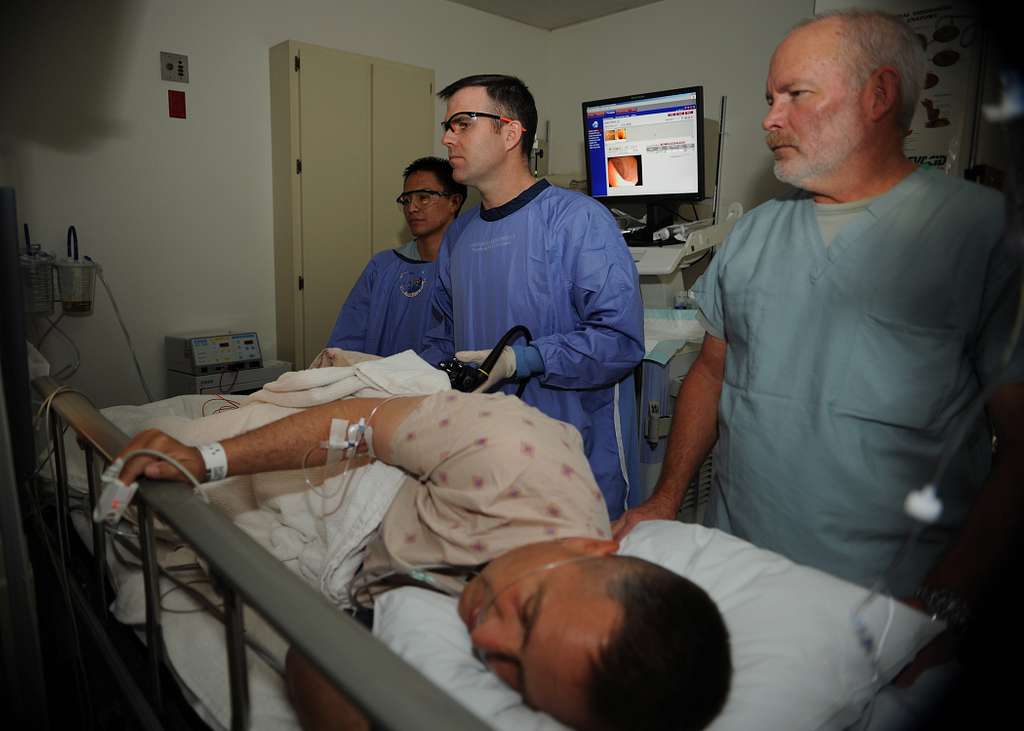Media release
From:
New Research on Colorectal Cancer Incidence, Screening Among Younger US Adults
About The Studies: This issue of JAMA includes three studies on colorectal cancer incidence and screening among younger U.S. adults.
In summary:
- Colorectal Cancer Incidence in US Adults After Recommendations for Earlier Screening
After a stable 15-year trend, local-stage colorectal cancer (CRC) incidence increased steeply in adults ages 45 to 49 during 2019-2022, including a 50% relative increase between 2021 and 2022. This trend contrasts with consistent increases of distant-stage diagnoses in this age group and likely reflects diagnosis of prevalent asymptomatic cancer through first-time screening due to recommendations for adults to begin screening at age 45 instead of age 50. - Trends in Colorectal Cancer Screening in US Adults Ages 45 to 49
From 2019 to 2023, CRC screening increased among U.S. adults ages 45 to 49, consistent with a previous report among certain commercially insured adults ages 45 to 49 in late 2021-2022. This trend is encouraging because screening reduces CRC mortality, mostly through the detection and removal of potentially precancerous lesions. - Population Health Colorectal Cancer Screening Strategies in Adults Ages 45 to 49
In a randomized clinical trial to determine the most effective population health outreach strategy to promote colorectal cancer screening in adults ages 45 to 49, the 3 strategies requiring active choice through the electronic patient portal were significantly less effective than default unsolicited mailed fecal immunochemical test (FIT) outreach. Overall screening rates were low, underscoring the need for more effective strategies to engage this age group.



 International
International



